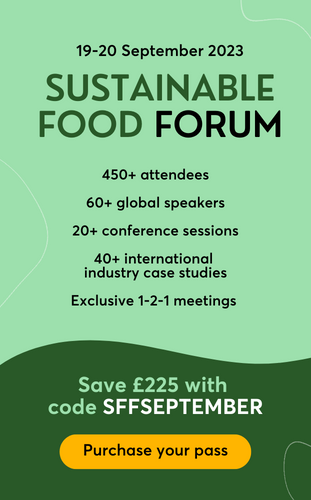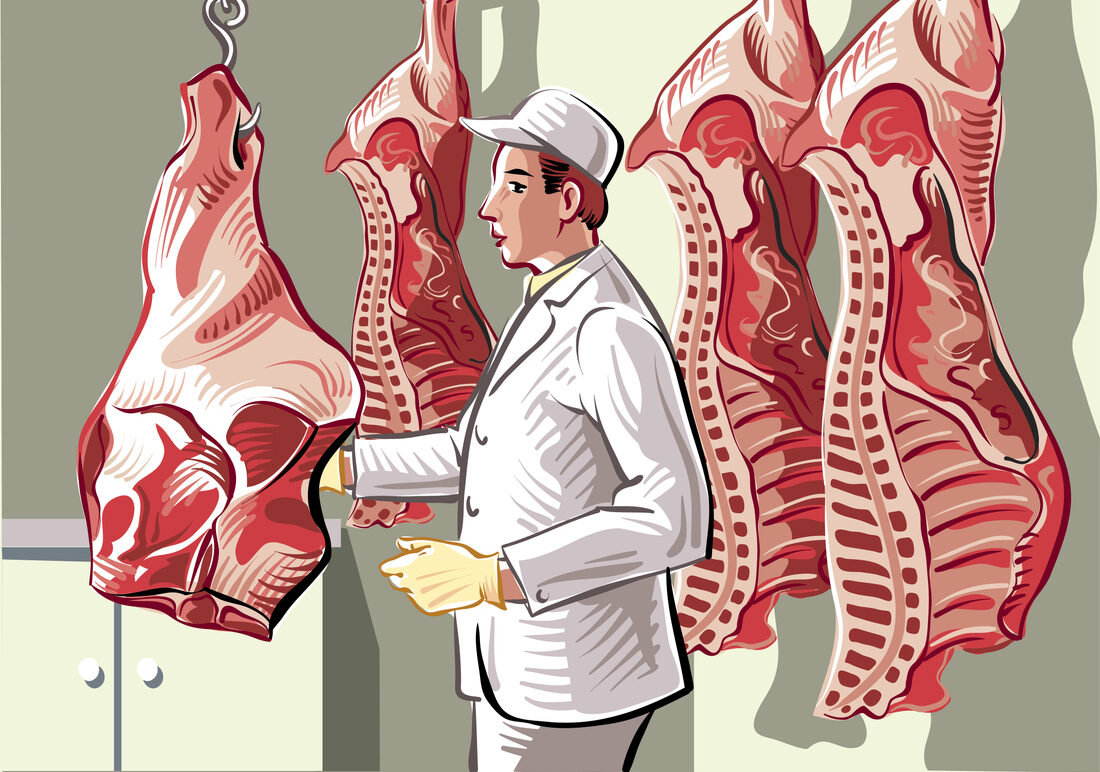$2M investment for Canadian Northern Food Innovation Challenge is announced

The Honourable Dan Vandal, Minister of Northern Affairs, Minister responsible for Prairies Economic Development Canada and for the Canadian Northern Economic Development Agency, has declared an investment of $2M for nine projects in the first phase of the Northern Food Innovation Challenge (NFIC).
The NFIC, which is a part of the CanNor Northern Isolated Communities Initiative program, selected nine community-led projects which aim to help improve food security for local and indigenous residents living in Canada’s Arctic and Northern Territories, areas which face much more socio-economic and environmental difficulties in comparison to the rest of the country.
A maximum of three competitors will be eligible to receive near to $1M each to fulfil their projects if they reach Phase 2 of the competition.
The nine projects taking part in the first phase of the NFIC include:
- The Kitikmeot Inuit Food System Programs and Knowledge Hub: a two-year project led by the Cambridge Bay Hamlet, which will offer training programs on the rules surrounding growing crops, butchering regional meats, as well as the importance of maintaining nutritional health in the area. Local group as well as Laval University (Quebec) and Carleton University (Ontario) will work with the Hamlet to create new food programs that are based off academic research, and Inuit food traditions.
- Strengthening harvesting food systems in Clyde River: led by the Ilisaqsivik Society at Clyde River in Nunavut, hunter-instructors will be employed to provide supplies of meat that is traditional to the region to the local community and its elders. They will also be tasked with educating younger residents on how to hunt animals and grow their own crops in the area.
- Inuliqtait Country Food Program: this project will take place across two years in Iqaluit, and will be led by the Qajuqturvik Community Food Centre. It will offer harvesters the chance to produce more goods as they are given more storage and space for processing their food. While hoping to improve food security in the area, the program also aims to encourage production of eco-friendly and healthy foods.
- Kanuq Goose Product Development: the Aqqiumavvik Society in the region of Arviat will lead this two-year project. It will focus on training the local population on the nutritious aspects of eating goose, as well as developing new goose-based products to help improve the region’s economy. Young people will also be trained in crop growing, environmental monitoring and food processing.
- Centralized Traditional and Local Processing Kitchen Facility: this project will be run by the Yukon First Nation Education Directorate, (TFNED) who will develop a cooking facility in Whitehorse, Yukon, to test out the innovative preparations of traditional and regional foods. The TFNED hope to use the space to produce and store wild game for consumption in an urban space as opposed to on wild land. A teaching programme will also be developed on the back of the project to share information on First Nations food production. The space would be the first First National food kitchen in Canada with complete accreditation.
- Country Foods in Community Programming: University of Waterloo is leading this project which will create guidelines for dealing with traditional foods, so that regional foods are delivered in a culturally appropriate manner to the areas of Tuktoyatuk and Paulatuk in the Northwest Territories. A range of community spaces will be involved including nurseries, schools, and community cooking groups, who will help in getting the necessary equipment for growing local produce.
- Conceptual business plans for low-cost community grown food: After completing the necessary research, Little Salmon Carmacks First Nation will build business plans to build a new farm and greenhouse project. The space would give inexpensive, or cost-free food to residents, helping them to move away from using government funding.
- Food Security, Bison Farm to Fork: Fort Simpson Métis Development Corporation will oversee this venture, developing a processing factory and farm for herding and producing bison in Fort Simpson, Northwest Territories. With a focus on culturally appropriate foods, the project will also help improve food security by creating dry meat, as well as experimenting with novel food processing technology to work with both traditional and modern processing techniques.
- Qikiqtani Food Sovereignty Implementation Solution: This plan aims to develop a suitable space for community harvesting with the necessary storage and processing technologies in the Oikiqtani region of Nunavut. New factories will also be built including a cut and wrap food processing space. Led by the Qikiqtaaluk Business Development Corporation (QBDC), the project aims to transform the food production industry in the area by introducing a living wage for harvesters working in Qikiqtani, allowing them to be more financially supported.
The result of Phase 1 of the Northern Food Innovation Challenge will be announced in 2023.









